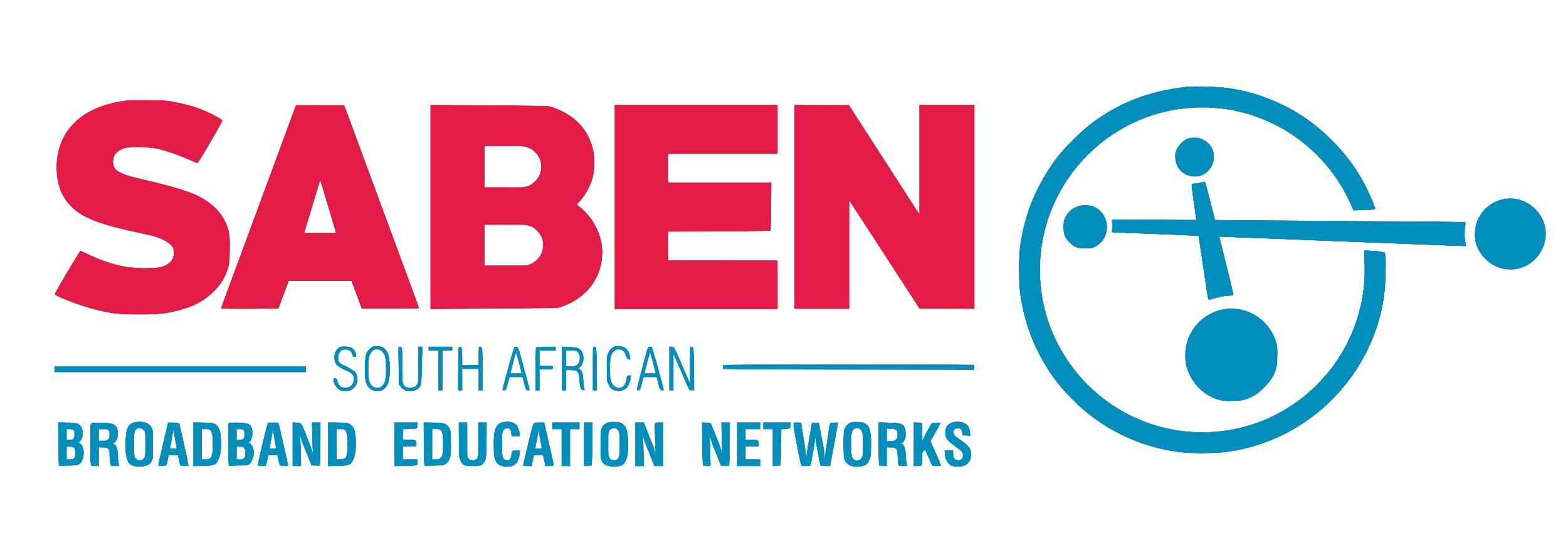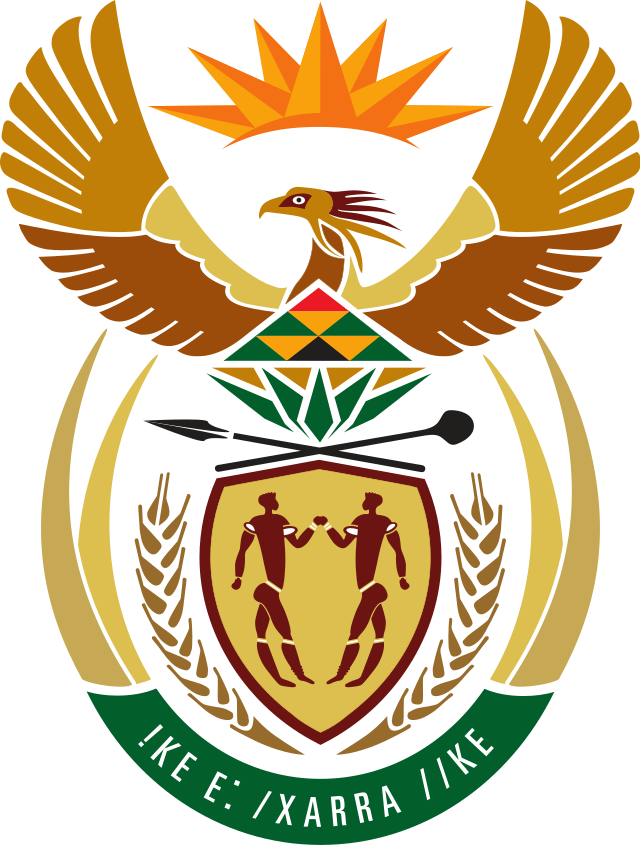The Future of Learning: Trends Shaping Education in the 21st Century
April 8, 2024
Trends Shaping Education in the 21st Century
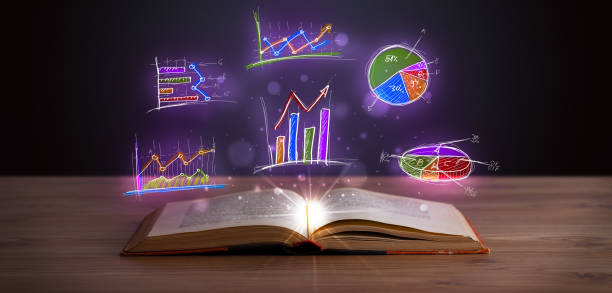
As we journey further into the 21st century, the landscape of education is undergoing a
profound transformation driven by technological advancements, societal changes, and
evolving learning paradigms. The future of learning promises to be dynamic, inclusive, and
responsive to the needs of learners in an increasingly interconnected and complex world. In
this blog, we explore the emerging trends shaping education and paving the way for a future
where learning knows no bounds.
Personalized Learning Pathways
Personalized learning is at the forefront of educational innovation, aiming to meet the unique
needs, interests, and learning styles of individual students. By leveraging technology, data
analytics, and adaptive learning algorithms, educators can tailor instruction, pace, and content
to optimize learning outcomes for each student. Personalized learning pathways empower
students to take ownership of their learning journey, fostering autonomy, motivation, and a
lifelong love of learning.
Blended and Hybrid Learning Models
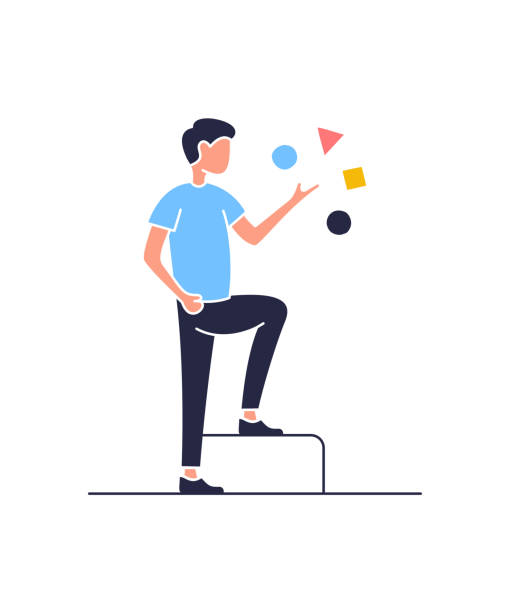
Blended and hybrid learning models combine traditional face-to-face instruction with online
and digital learning experiences, offering the best of both worlds. These flexible approaches
to learning enable educators to leverage technology to enhance engagement, collaboration,
and accessibility, while also preserving the benefits of in-person interaction and human
connection. Blended and hybrid learning models promote flexibility, scalability, and
inclusivity, catering to diverse learner needs and preferences.
Competency-Based Education
Competency-based education (CBE) focuses on mastering specific skills and competencies
rather than adhering to traditional time-bound structures. In a competency-based learning
environment, students progress at their own pace, advancing upon mastery of each
competency rather than completing courses or grade levels. CBE empowers students to
demonstrate proficiency through authentic assessments and real-world applications, fostering
deeper learning, critical thinking, and skill acquisition.
Lifelong Learning and Continuous Skill Development
In today’s knowledge-based economy, learning is a lifelong pursuit, and the future of
education must embrace the concept of lifelong learning. Rapid technological advancements
and shifting job market demands require individuals to continuously update and acquire new
skills throughout their lives. Lifelong learning initiatives, including online courses, micro-
credentials, and professional development programs, empower individuals to adapt, innovate,
and thrive in a rapidly changing world.
Global Collaboration and Cross-Cultural Exchange
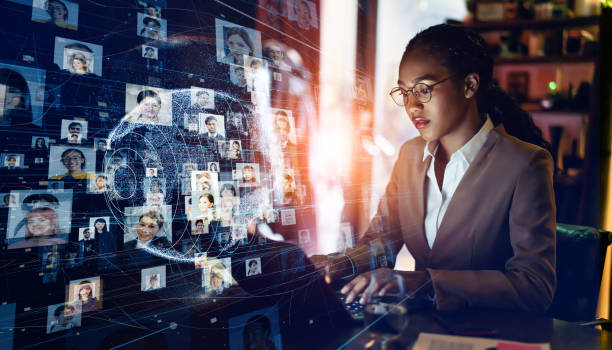
In an increasingly interconnected world, global collaboration and cross-cultural exchange are
essential components of 21st-century learning. Technology enables students to connect with
peers, educators, and experts from around the globe, fostering cultural competence, empathy,
and global citizenship. Virtual exchange programs, international collaborations, and
multicultural curricula enrich learning experiences, broaden perspectives, and prepare
students to navigate diverse and interconnected global challenges.
conclusion
a shared commitment to excellence in education. As we embrace personalized learning
pathways, blended and hybrid learning models, competency-based education, lifelong
learning initiatives, and global collaboration, we unlock the full potential of every learner and
pave the way for a brighter future for generations to come. Together, let us embark on this
transformative journey towards a future where education knows no limits, and every learner
has the opportunity to thrive and succeed in the 21st century and beyond.
